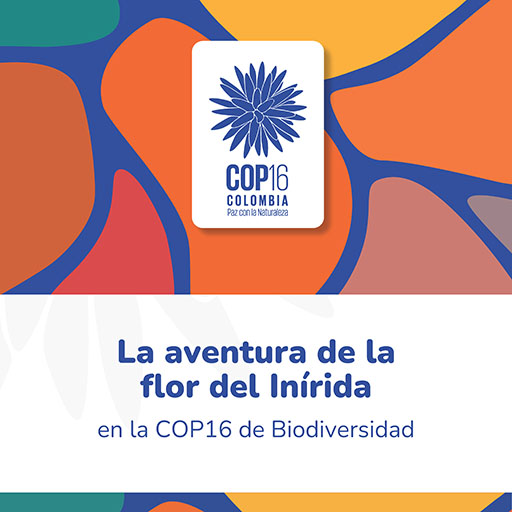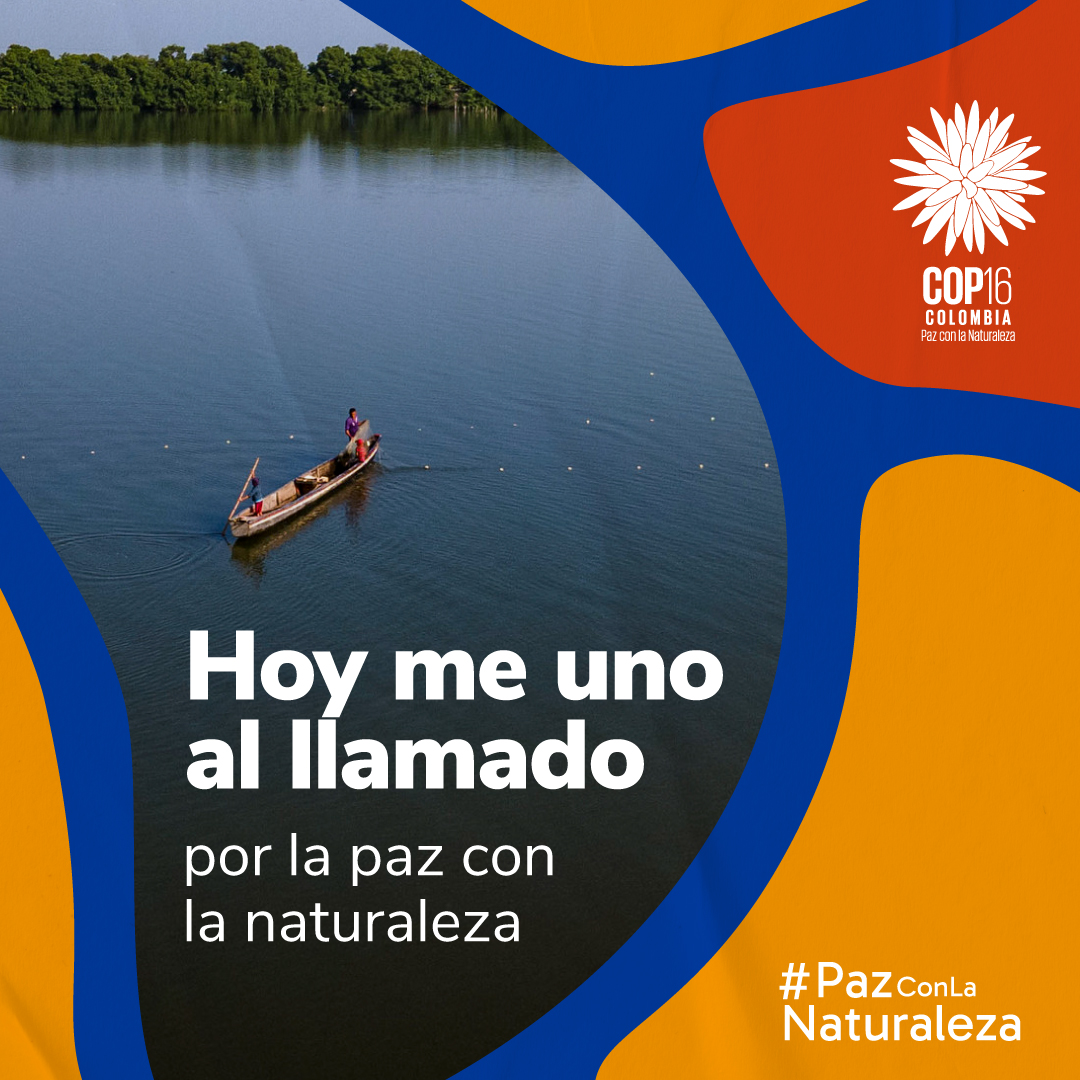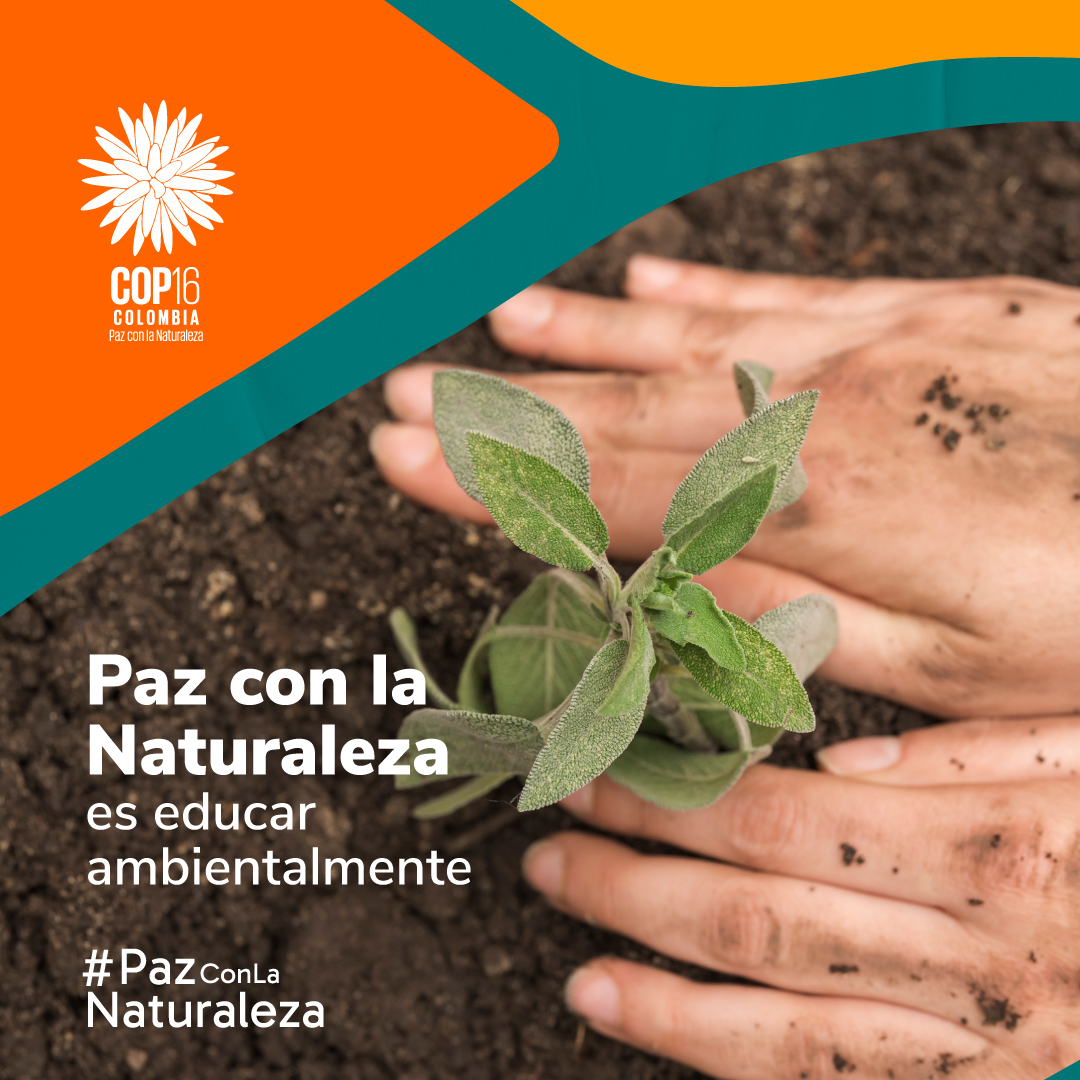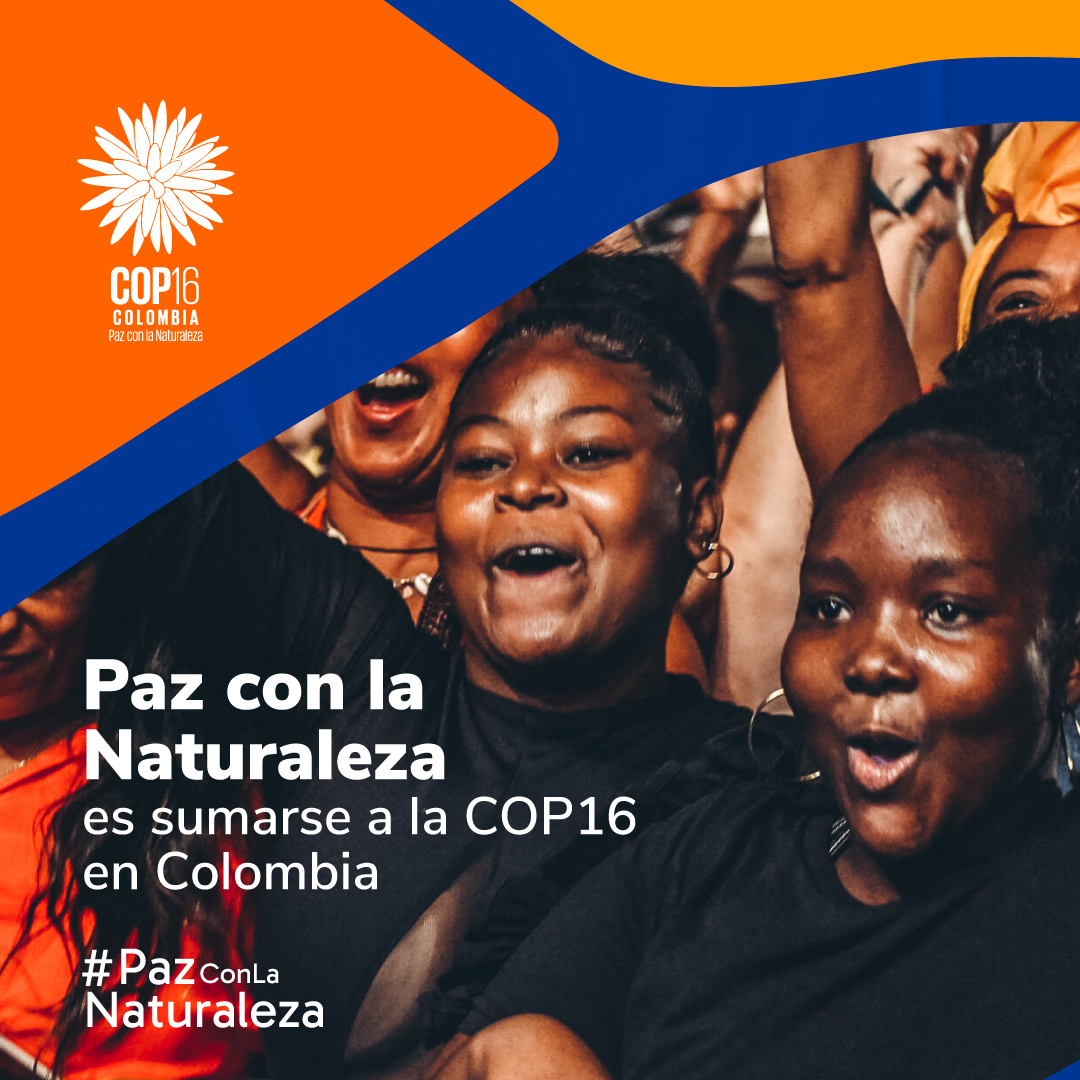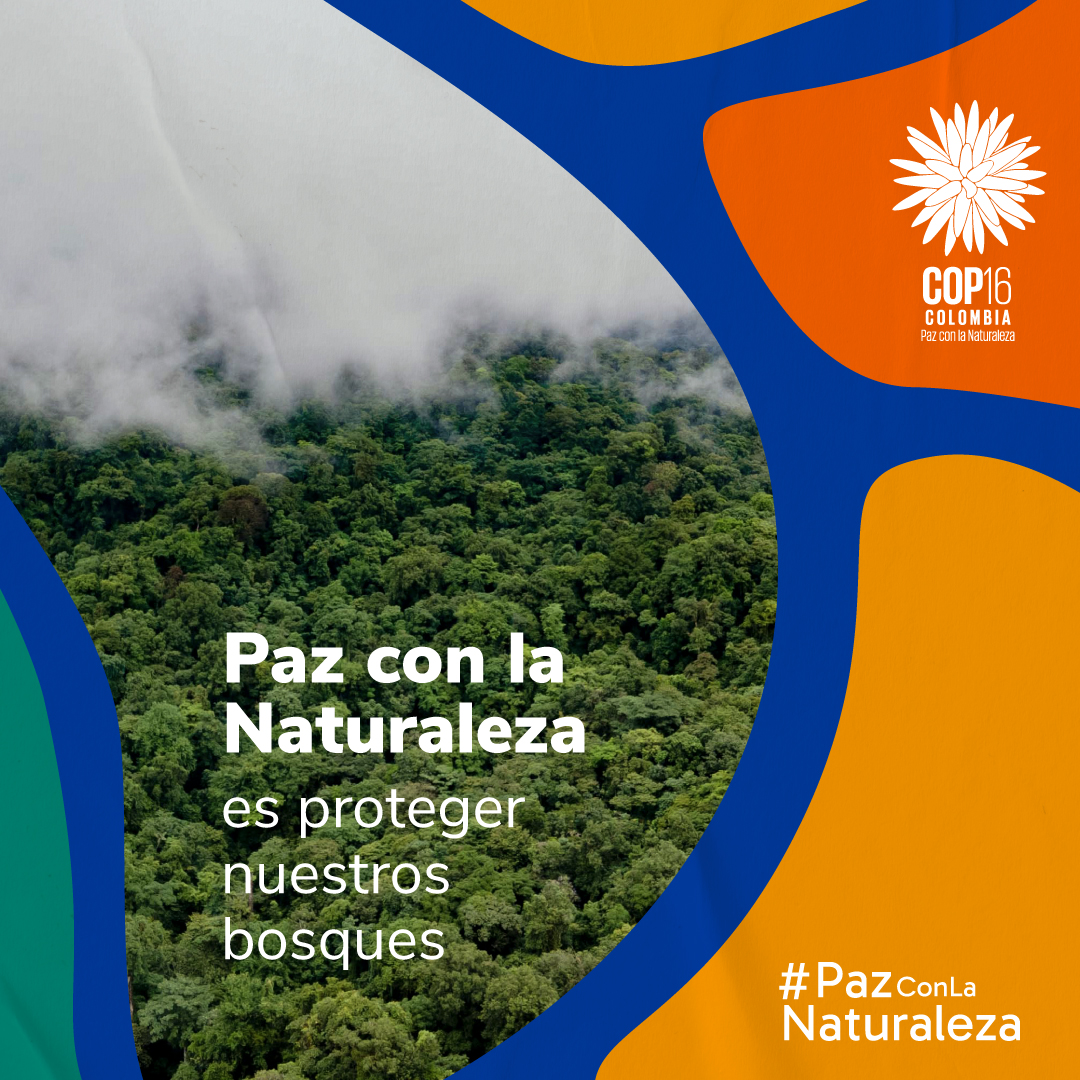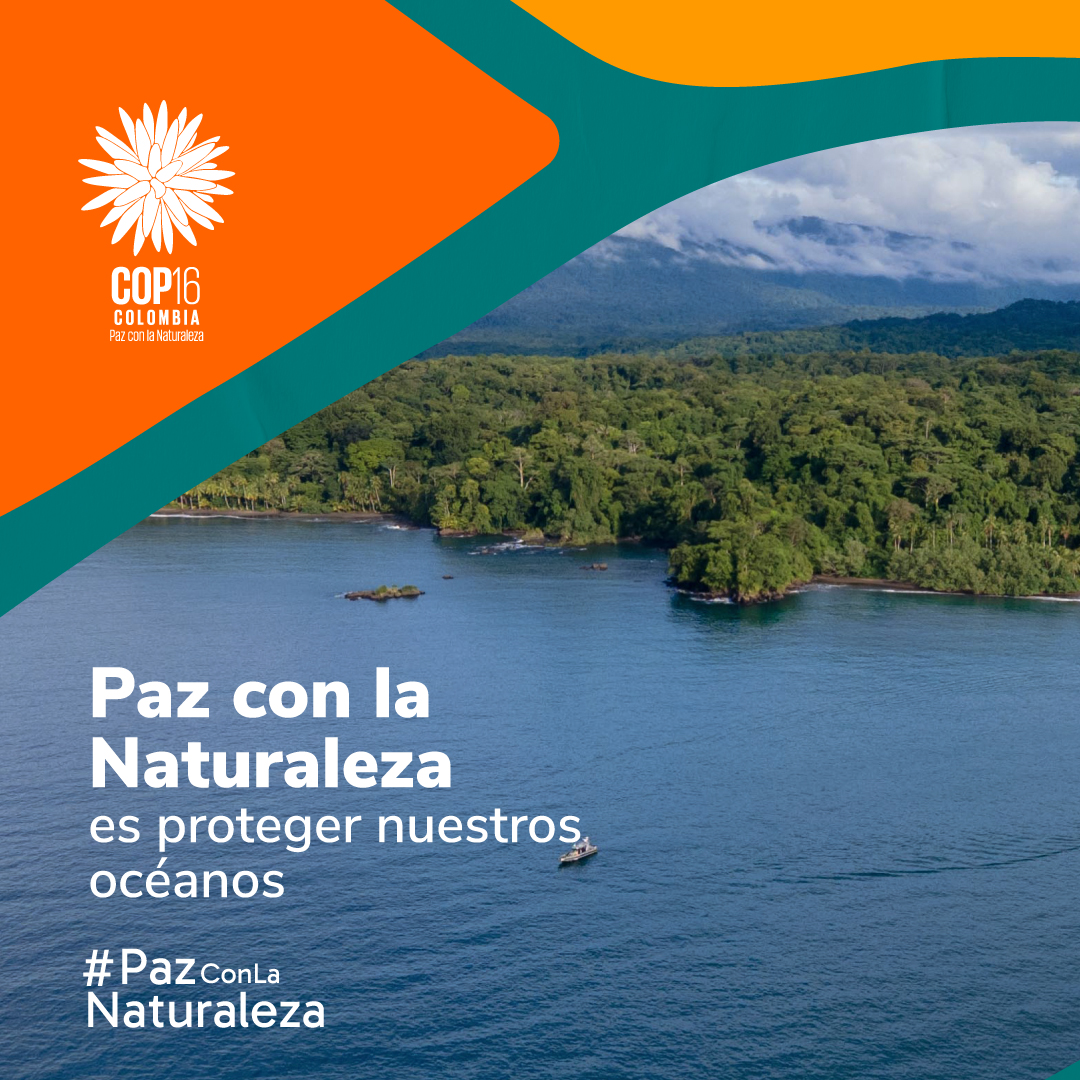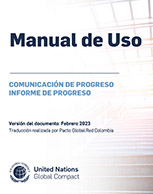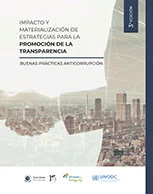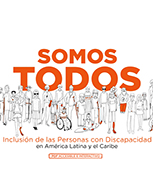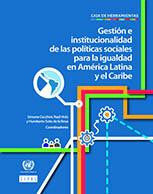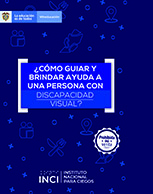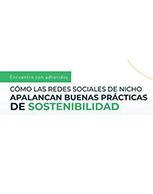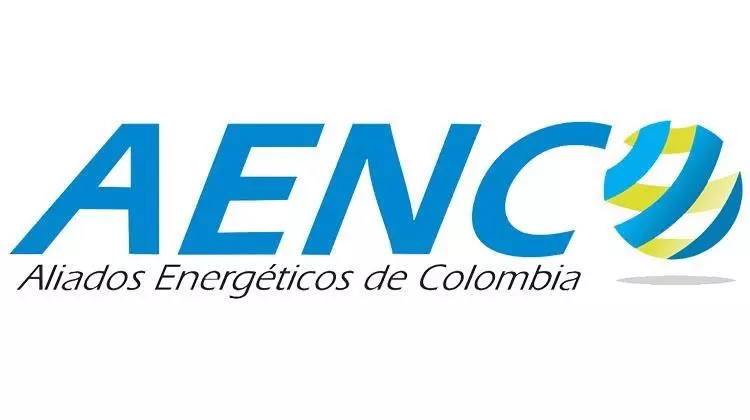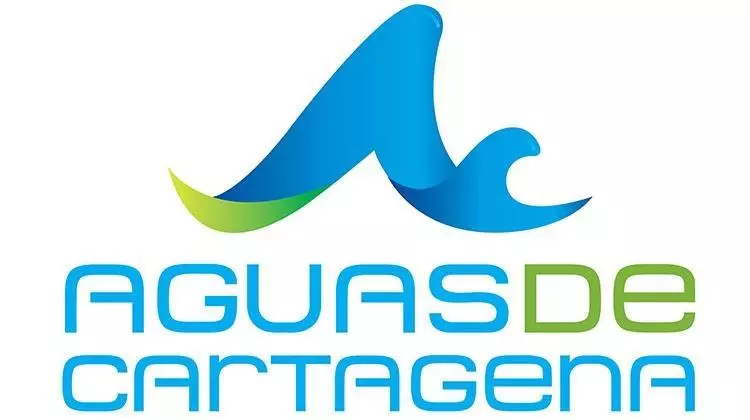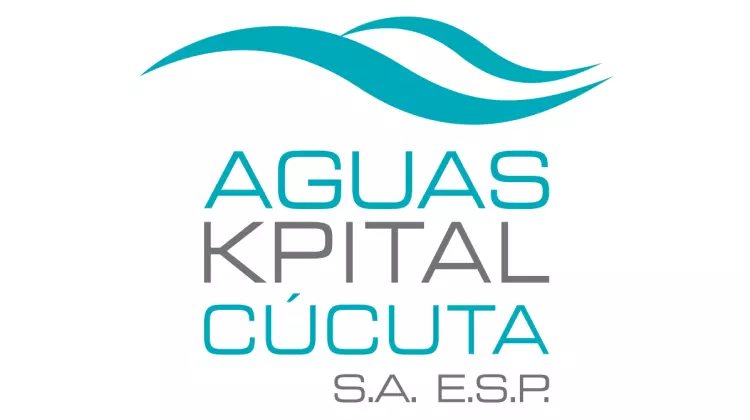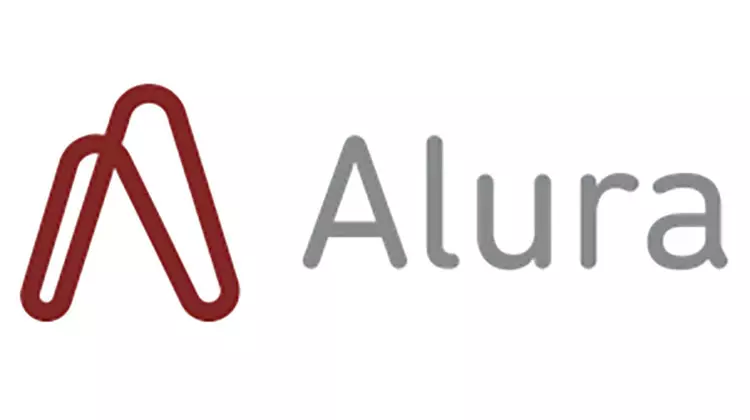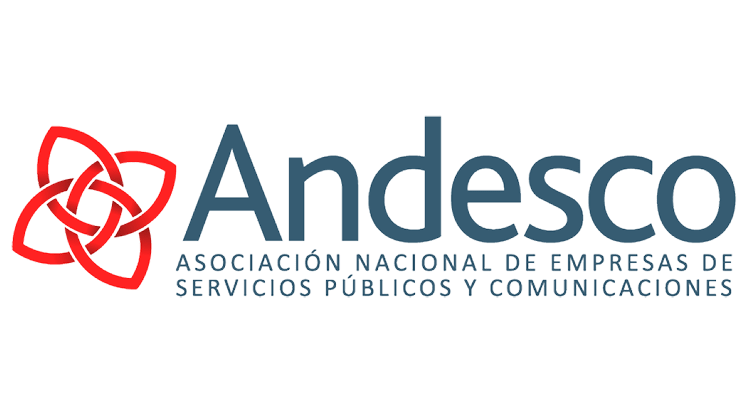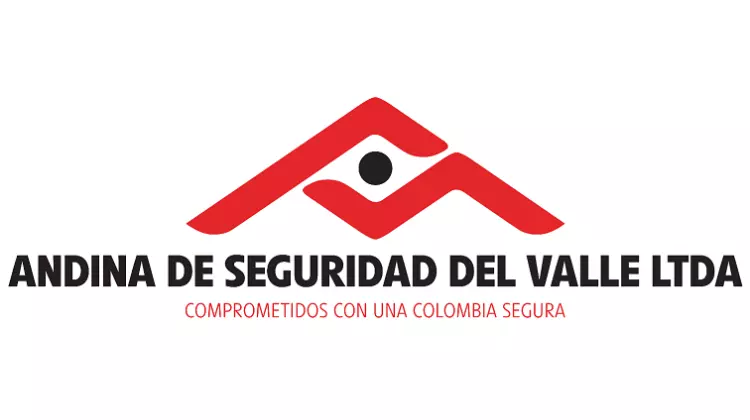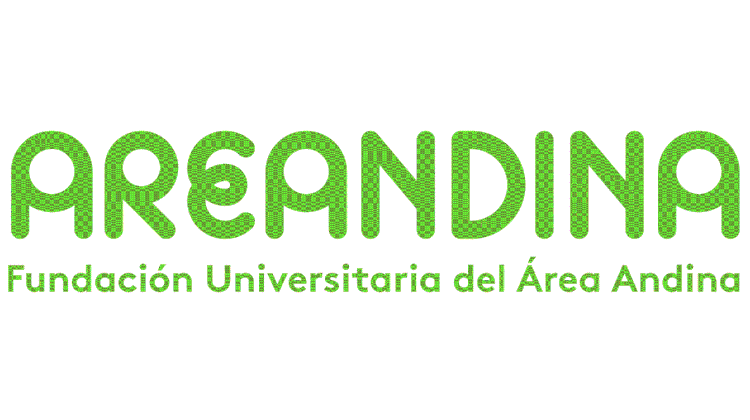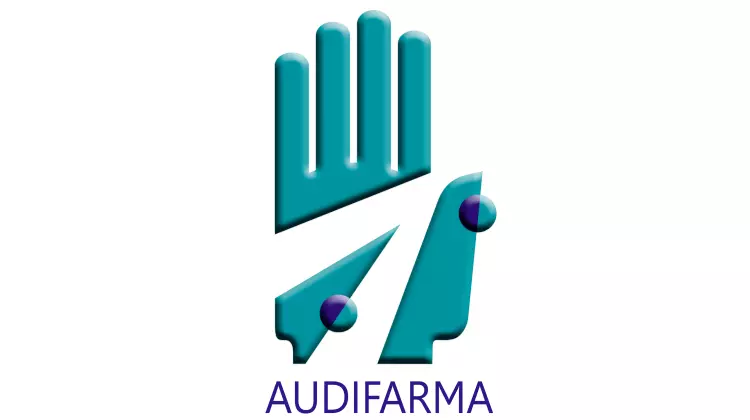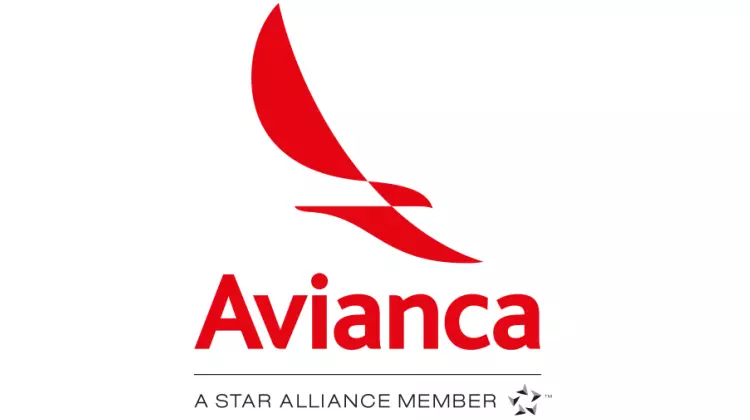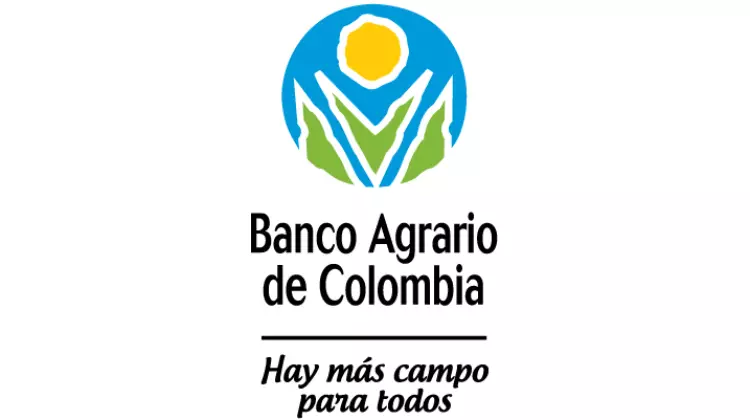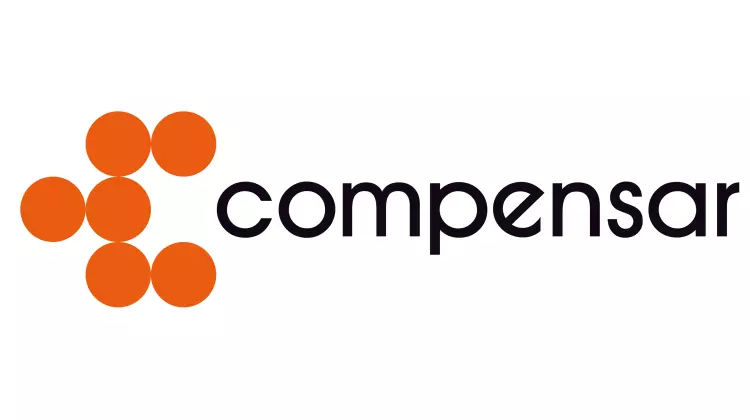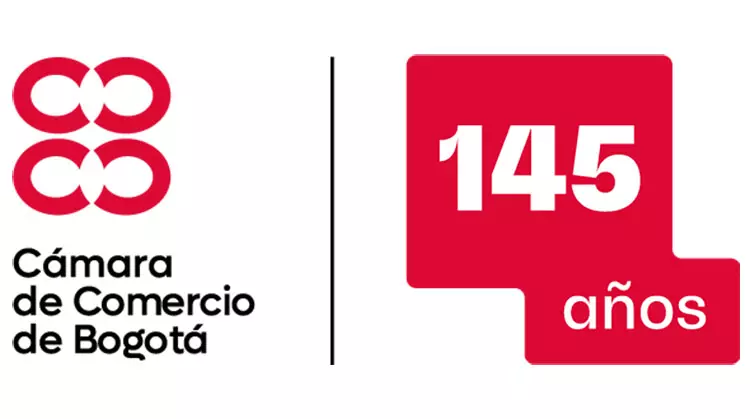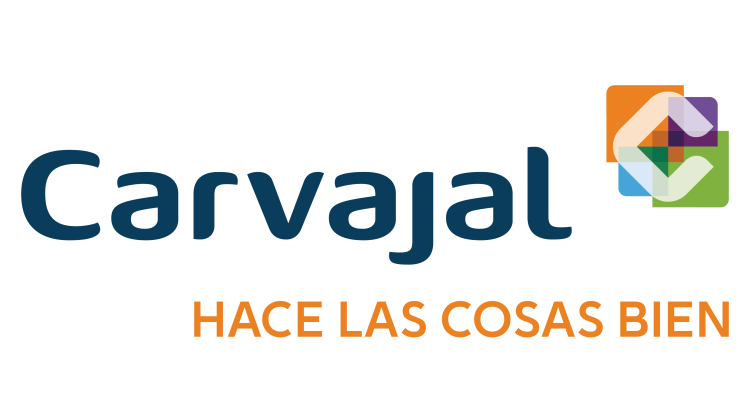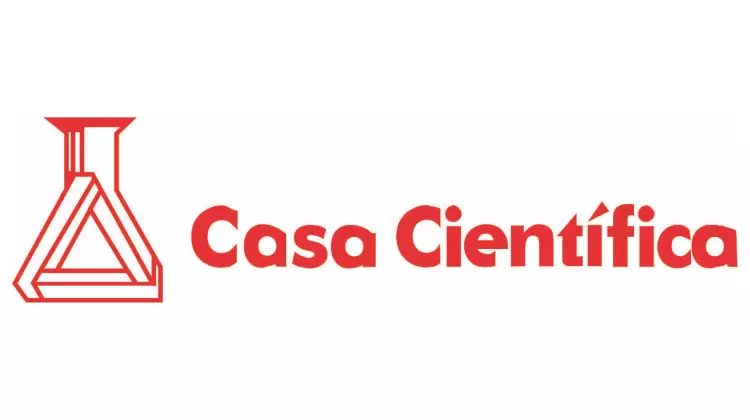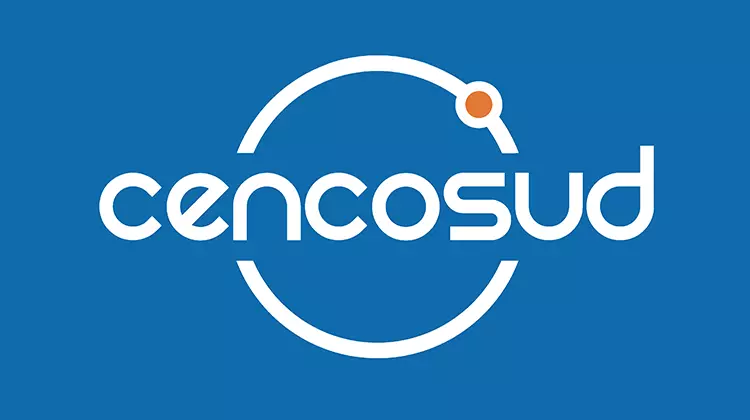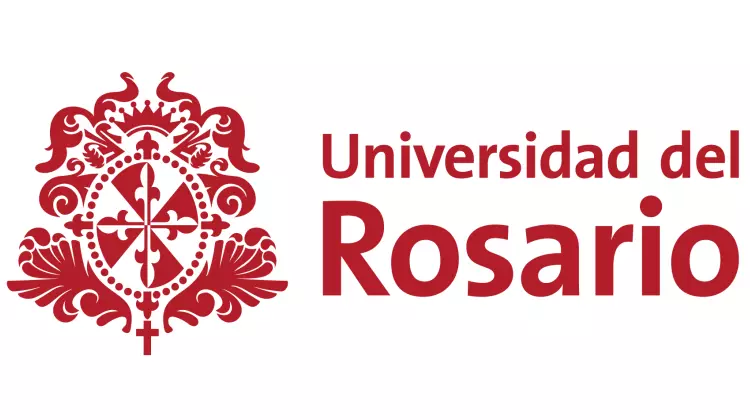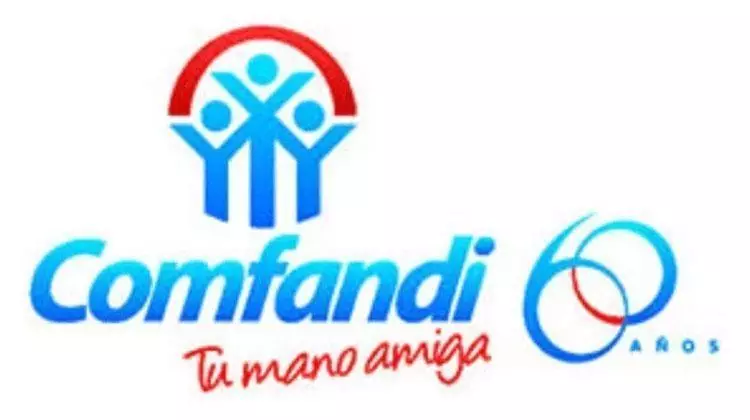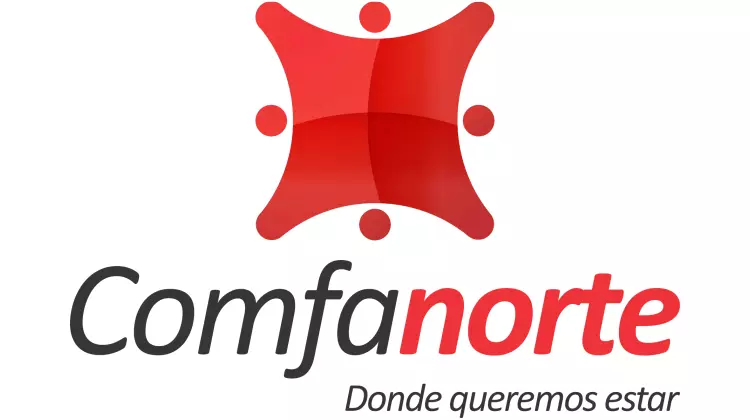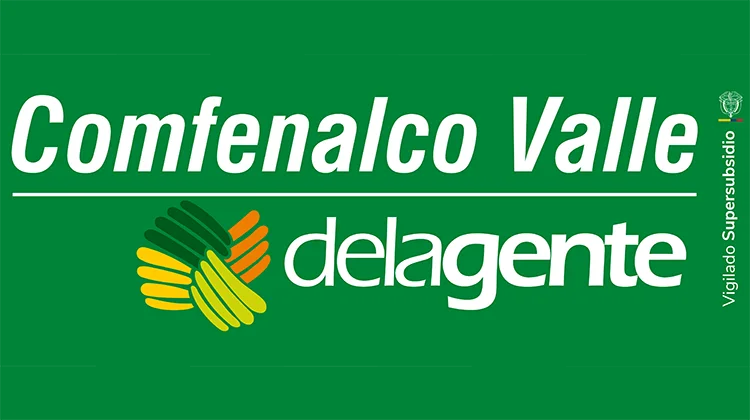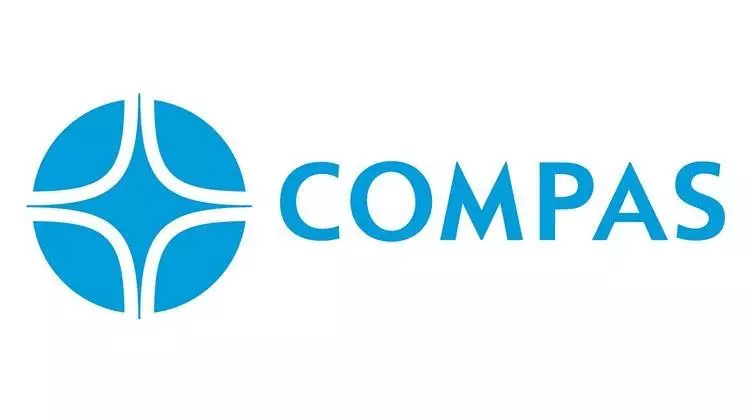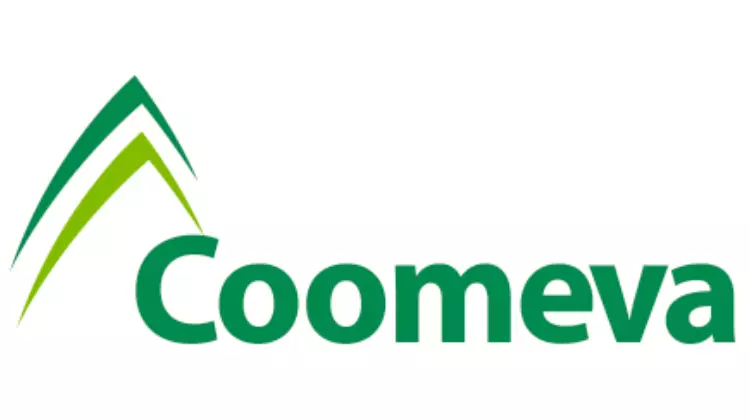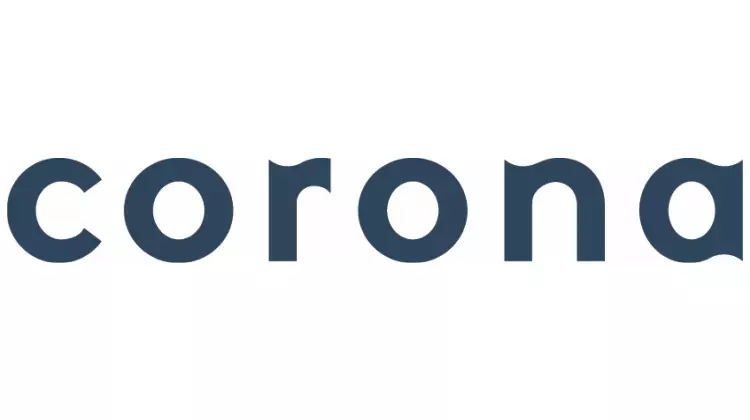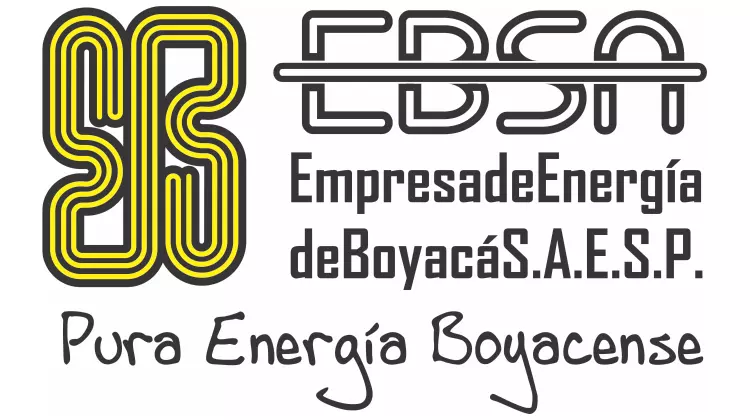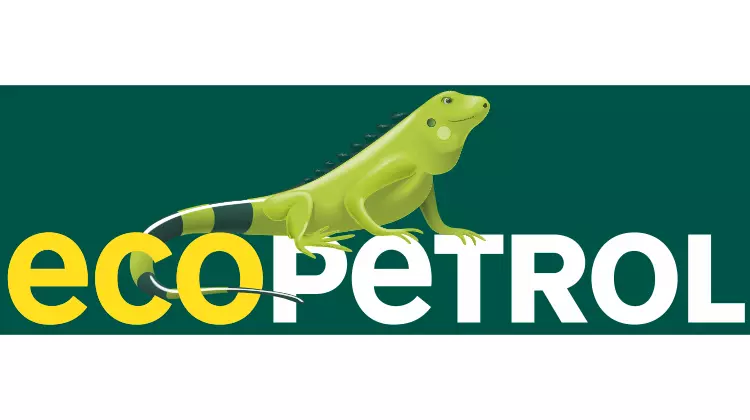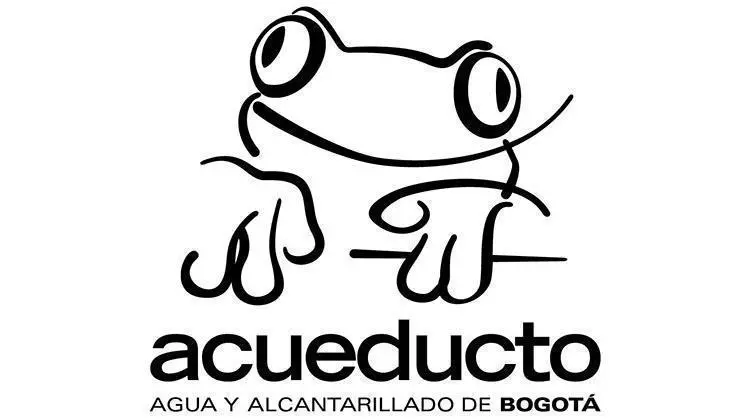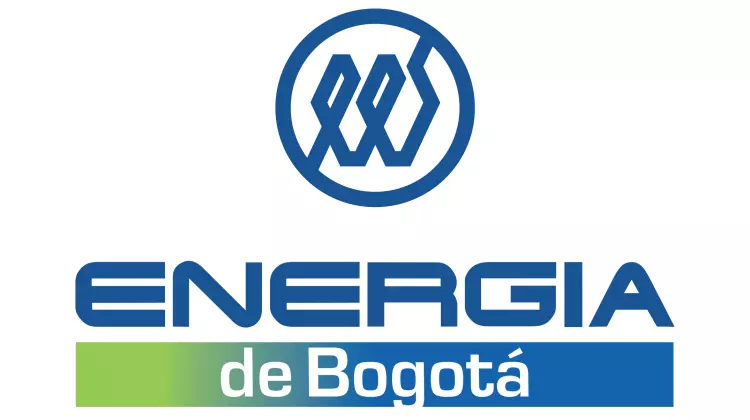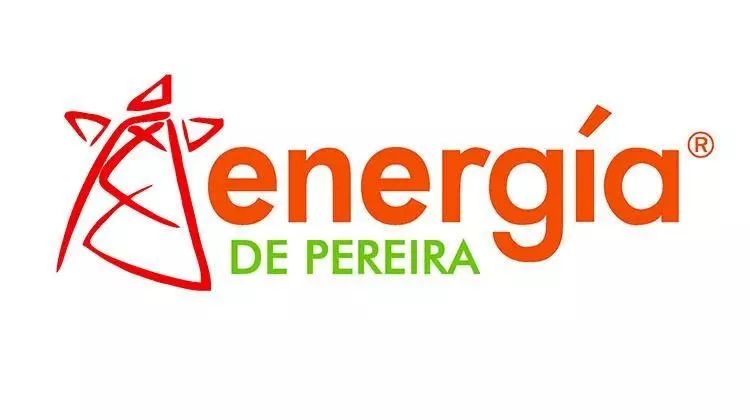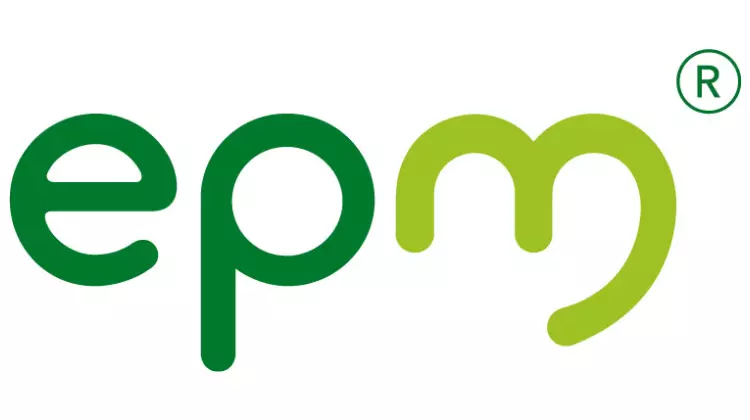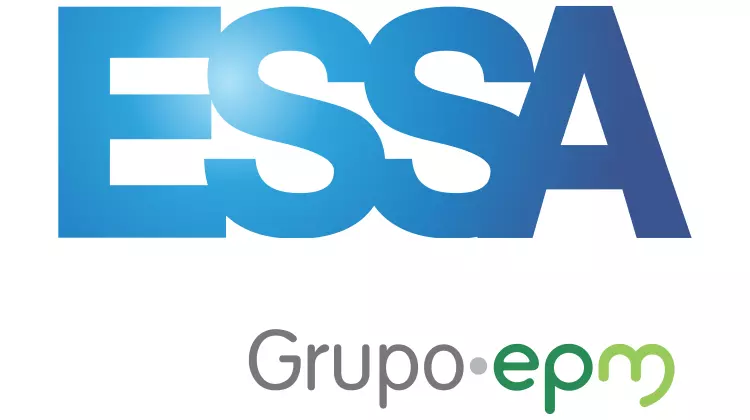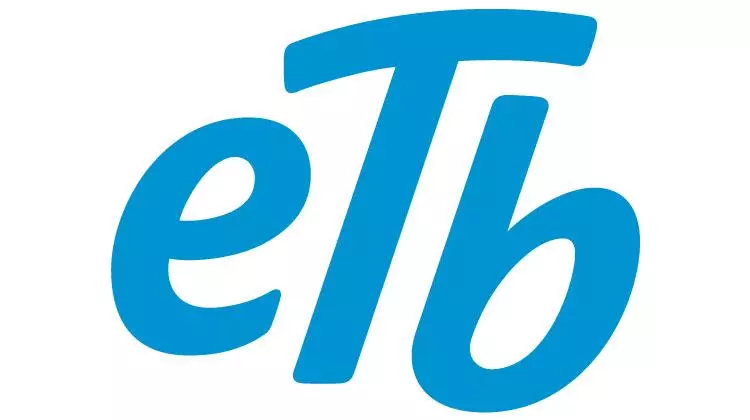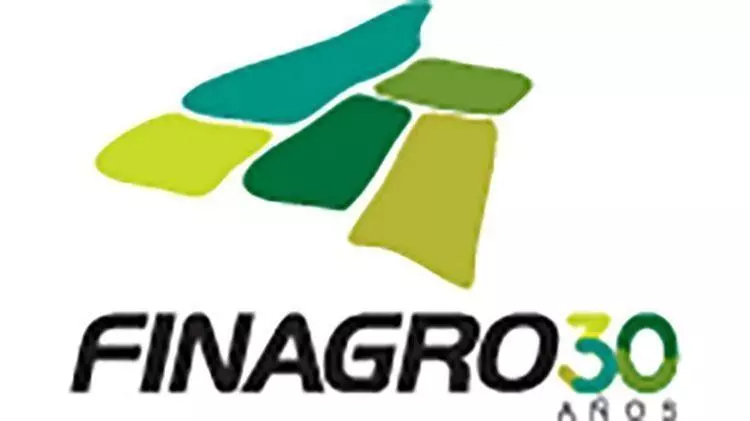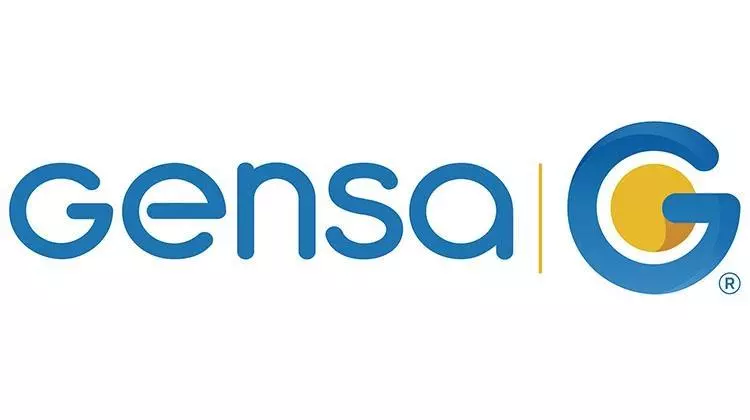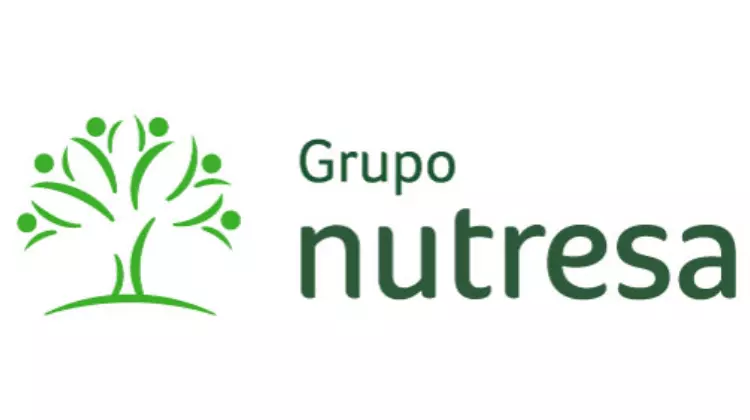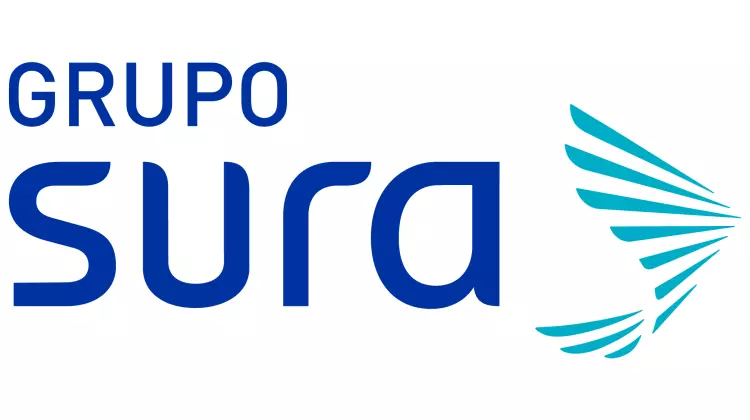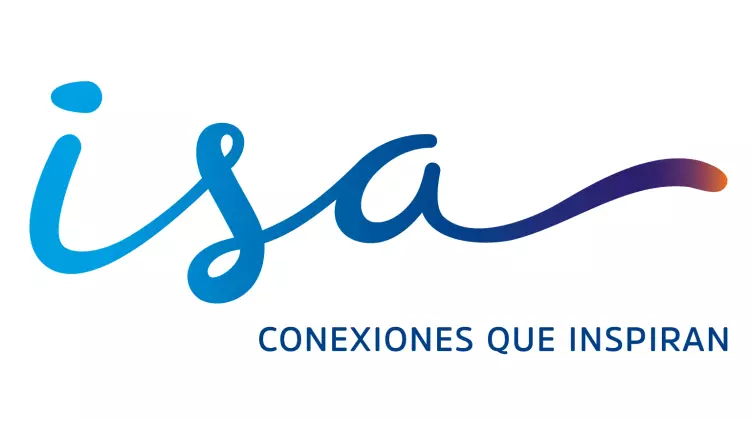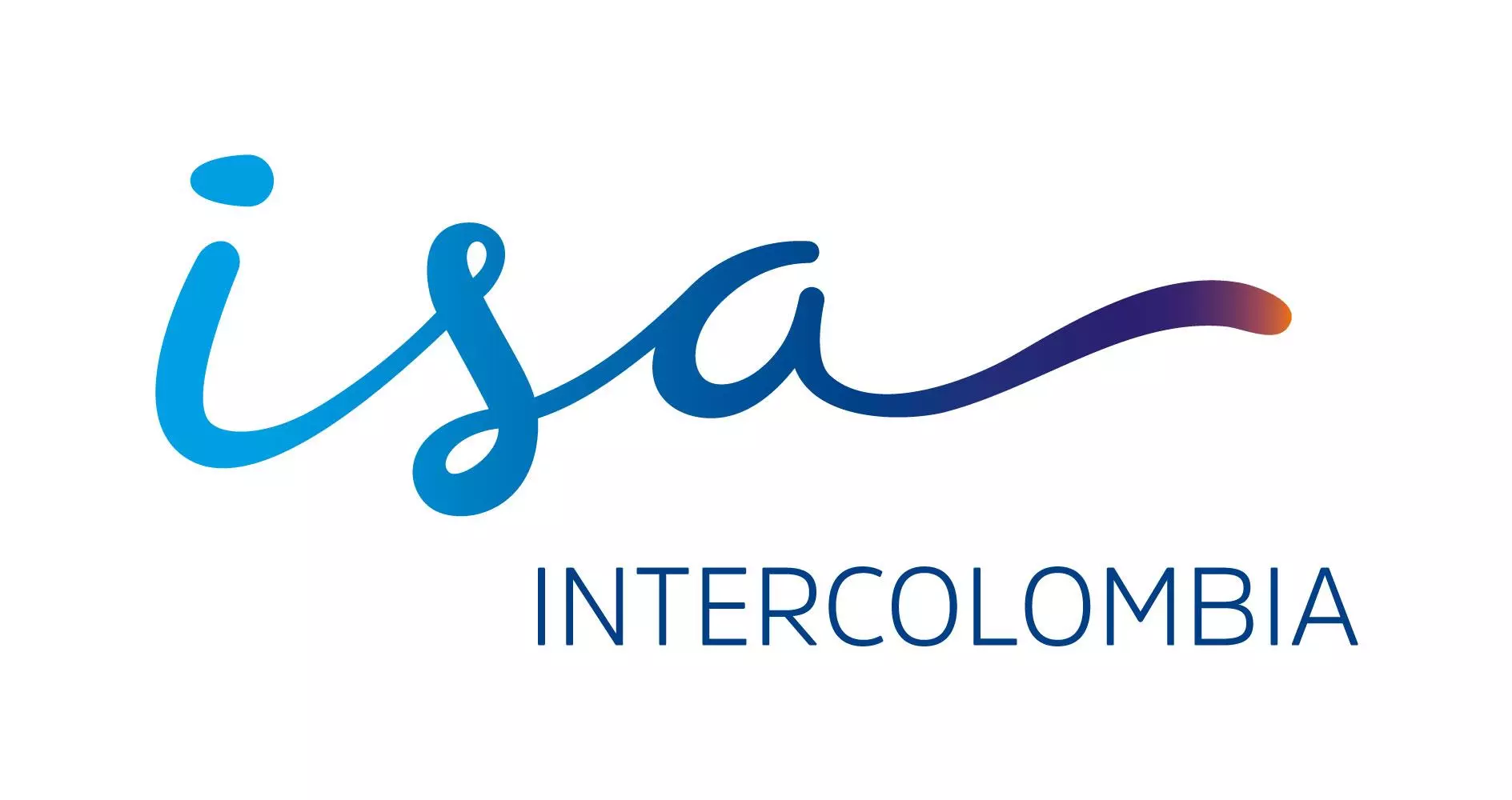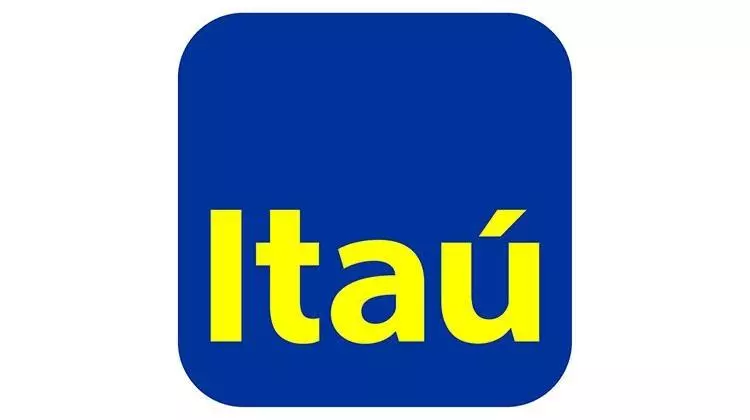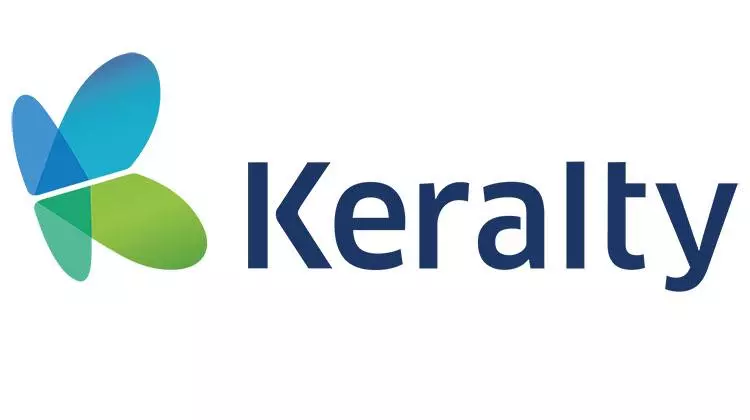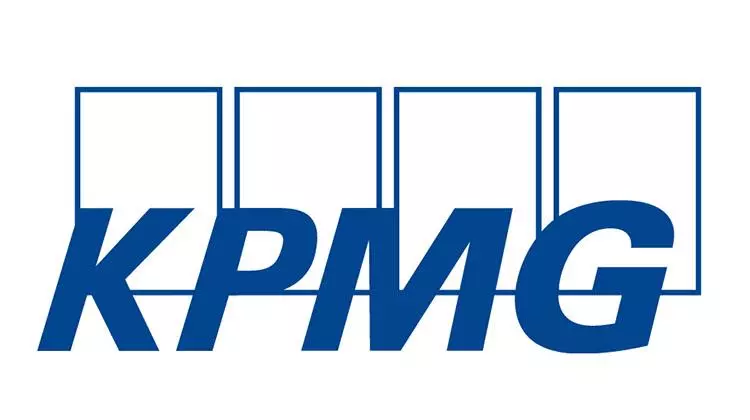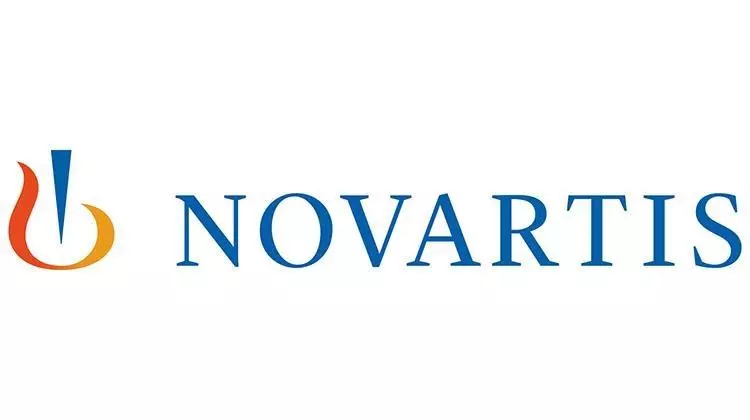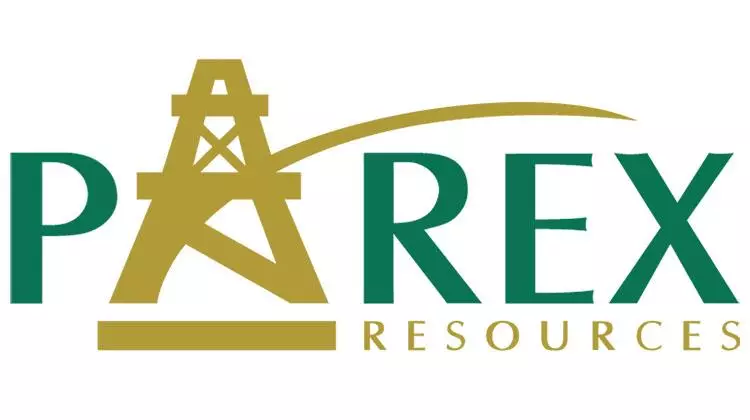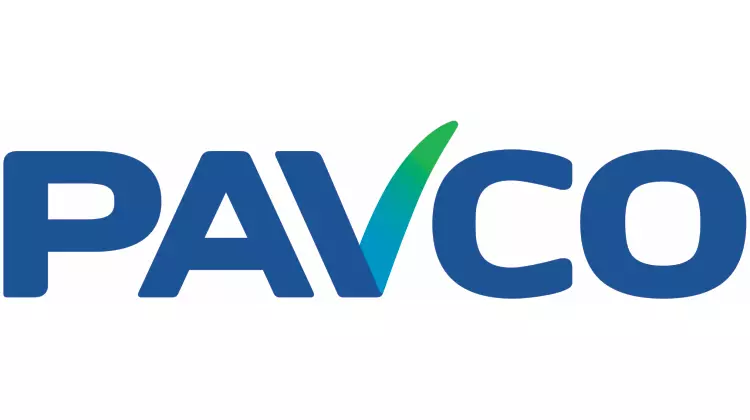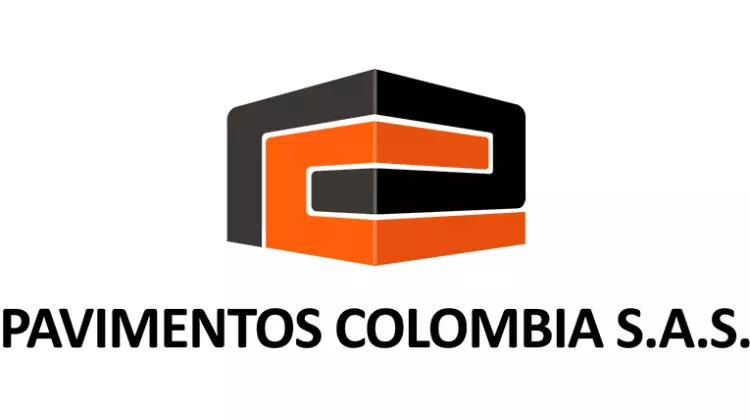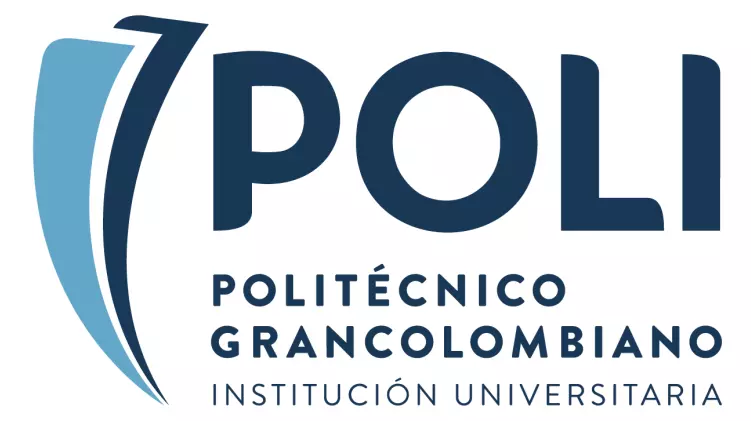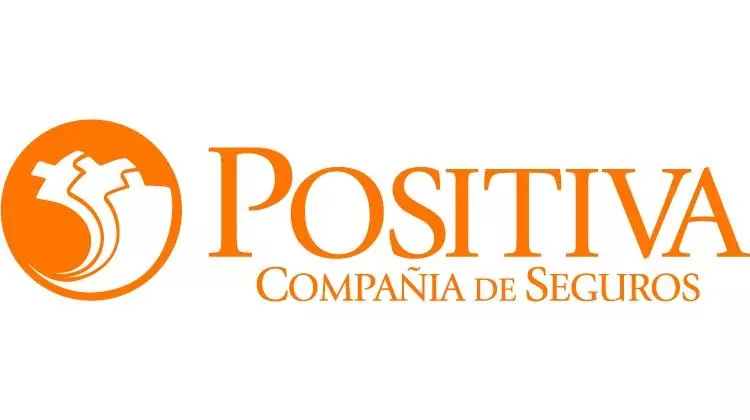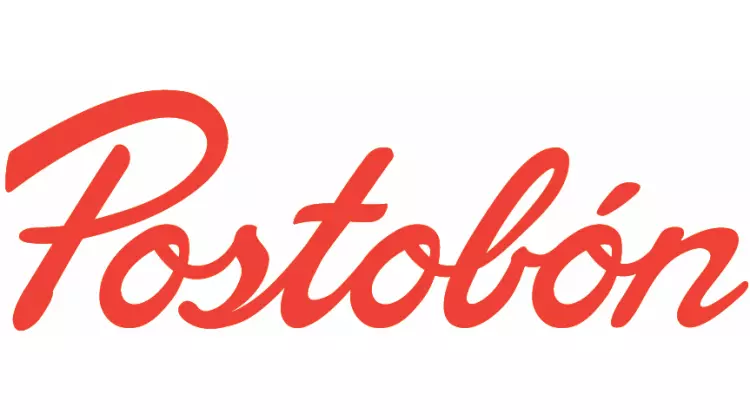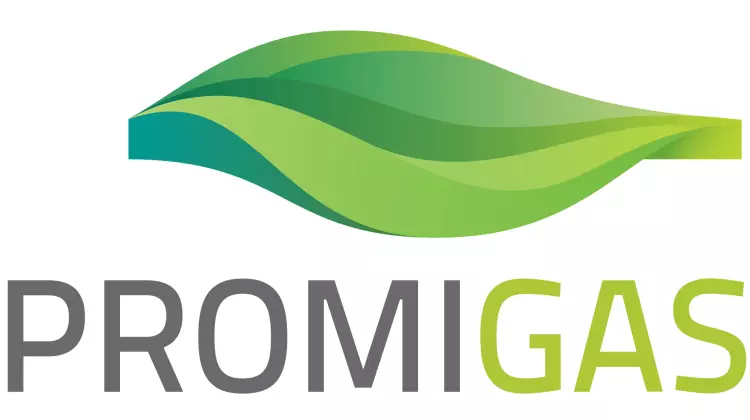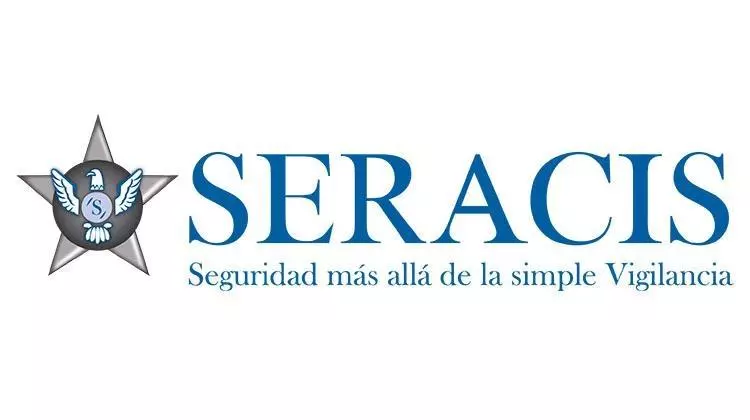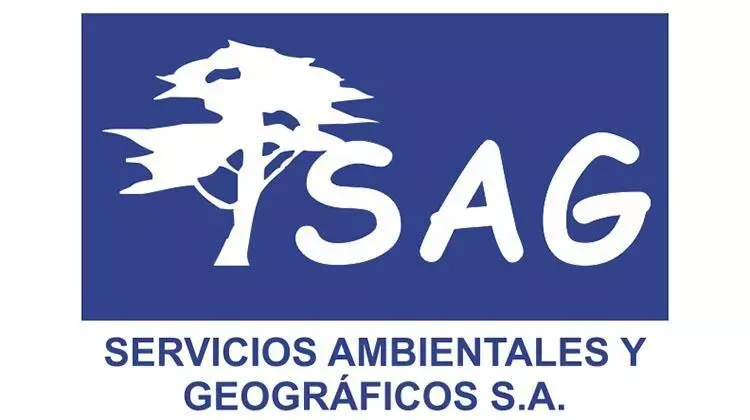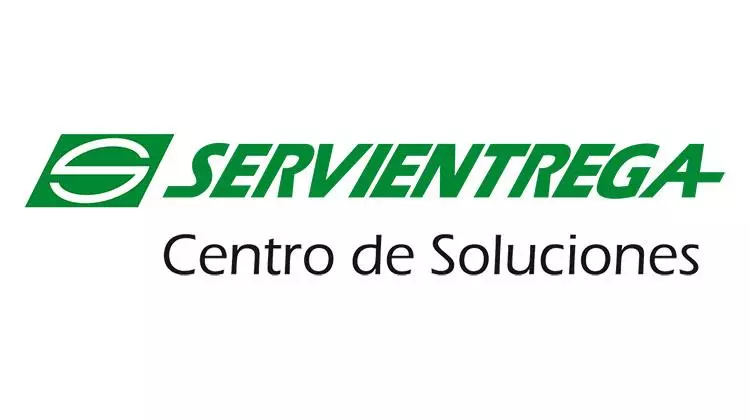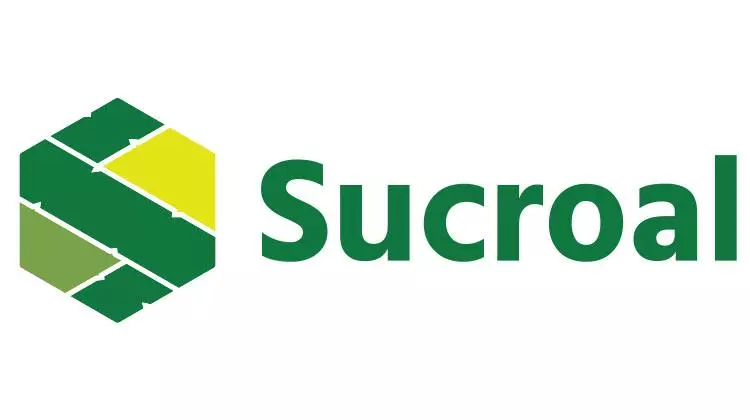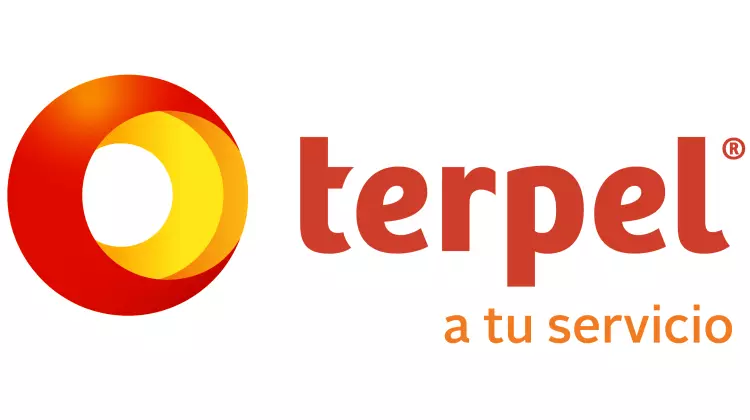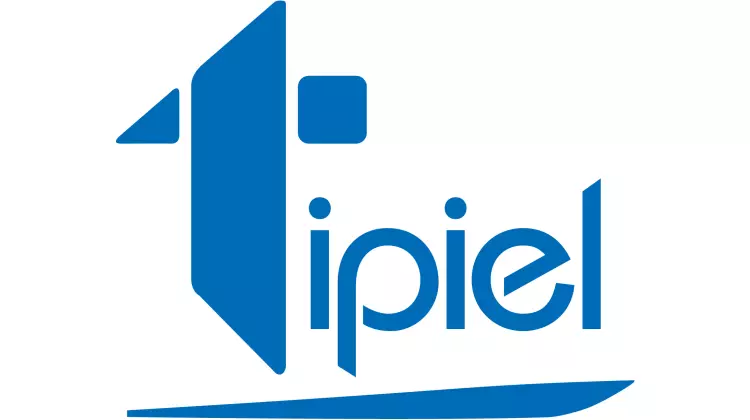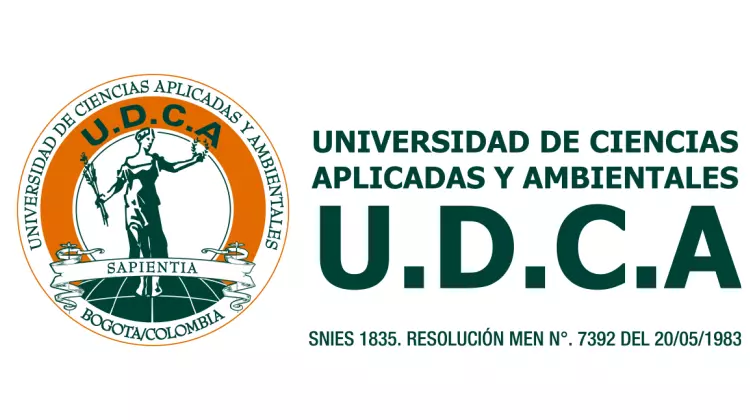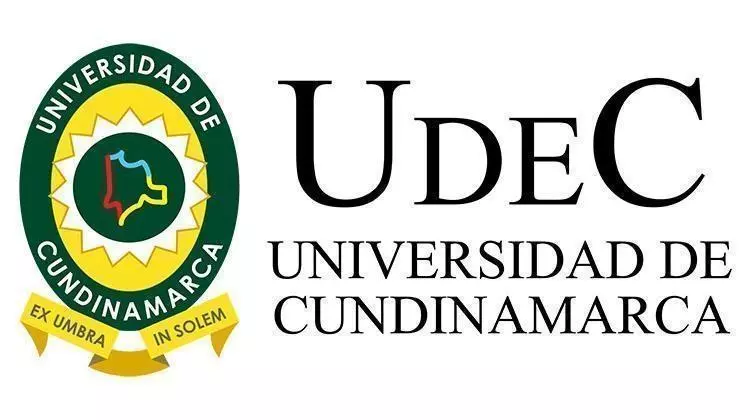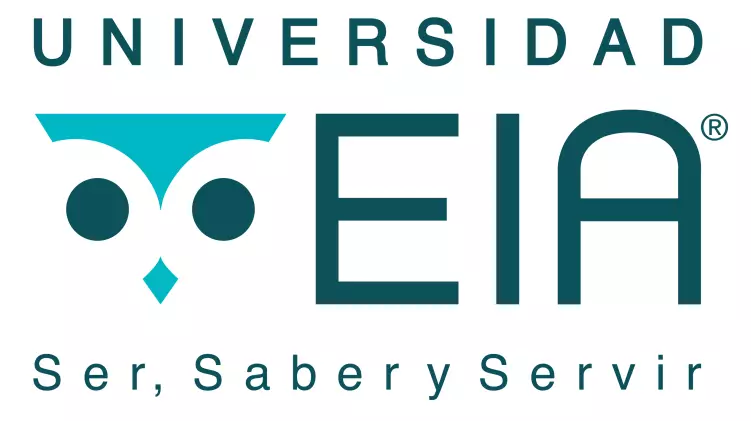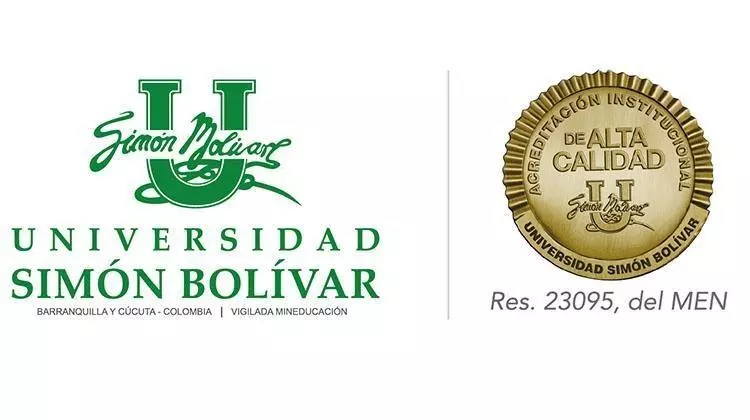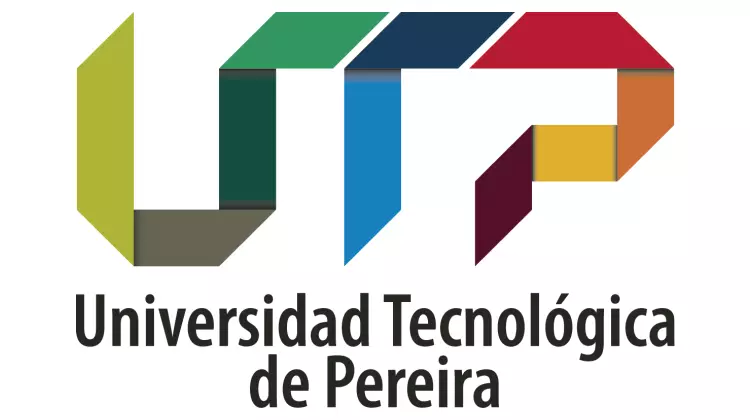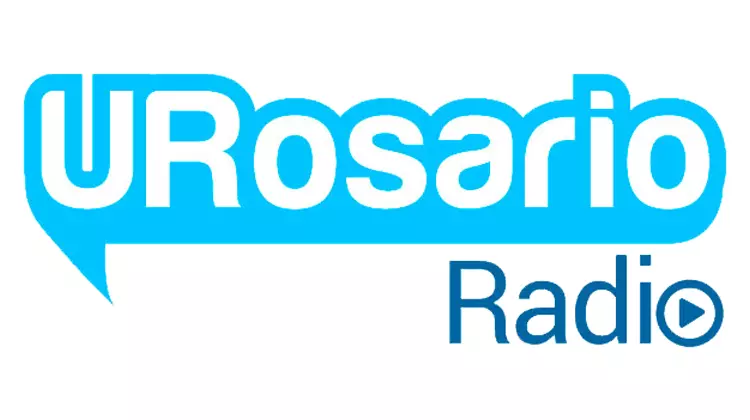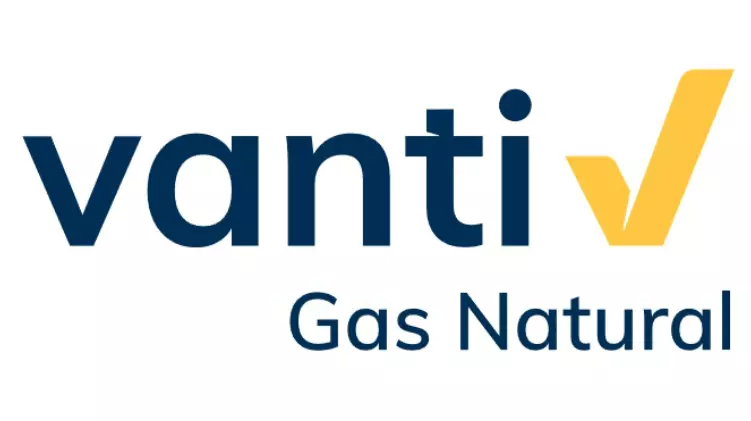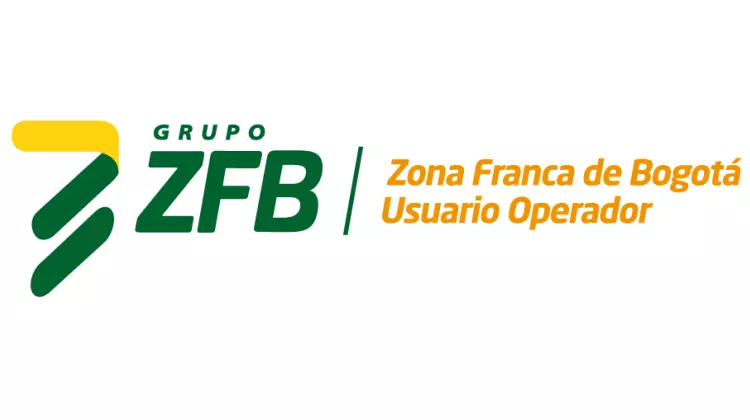Guía Práctica de la Acción Colectiva contra la Corrupción
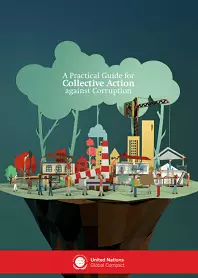
Introduction
Corruption causes massive harm to society as a whole, besieging governments, organizations and individuals. Corruption scandals involving international companies increasingly make headlines around the world. Fines, legal costs, and reputational damage diminish corporations’ revenue streams as well as their appeal to consumers, business partners and prospective employees, causing significant losses for their stakeholders. These losses, which extend to society at large, underscore the shortcomings of existing anti-corruption systems and point out the need for governments, judicial systems, NGOs, academia and corporations to find ways to fight corruption more effectively.
Despite virtually universal condemnation, corruption persists. Some measures with potential to curb corruption have not been sufficiently effective. External and internal controls – checks and balances – are clearly necessary, but evidently they are not enough to guarantee ethical business practices. Corruption has not been put out of business either by imposing harsher laws and regulations or by adopting more sophisticated corporate compliance programs. Society should be looking for ways to innovate in its fight against corruption.
In addition to stringent legislation, greater transparency in financial transactions, and internal and external controls, reducing the appeal of corrupt business practices requires tools specifically designed for application on both the “demand-side” (primarily involving – though not exclusively – public officials) and the “supply-side” (generally through representatives of corporate interests). Demand-side anti-corruption tools include better wages for civil servants, superior education, higher personnel turnover, greater process transparency, and enhanced regulatory enforcement. On the supply-side, anti-corruption efforts should involve changes to organizational culture, improved performance evaluations, and incentive systems that take into account long-term factors designed to curtail the myopic pursuit of spoils by any means and at any cost.
This book describes a practical tool to fight corruption, developed by the World Bank Institute, UN Global Compact, CIPE, Global Advice Network, Grant Thornton and Siemens: Fighting Corruption through Collective Action: A Guide for Business7. The notion underlying Collective Action is straightforward: companies work with competitors and other stakeholders to create the necessary conditions to ensure fair competition in a market or, for example, in a specific procurement process. Fair competition ensures that transactions are decided on commonly agreed factors such as quality and price, rather than being skewed by bribing and cheating...
| Categorías: | Lucha Contra la Corrupción |
| Autores: | Pacto Mundial de las Naciones Unidas |
| ISBN-10(13): | N/A |
| Editorial: | Pacto Mundial de las Naciones Unidas |
| Fecha de publicación: | 2015 |
| Edición: | 1 |
| Número de páginas: | 130 |
| Idioma: | Inglés |
| E-Book: | Clic aquí para descargar tu E-Book |

































